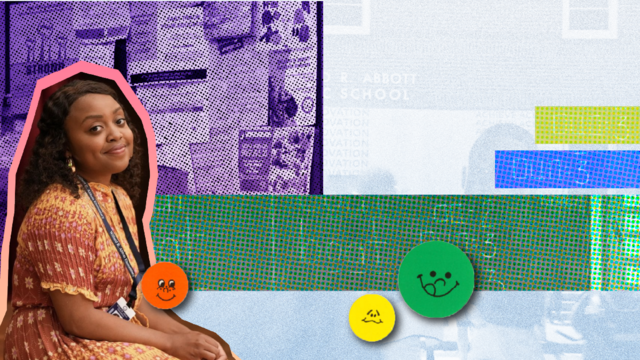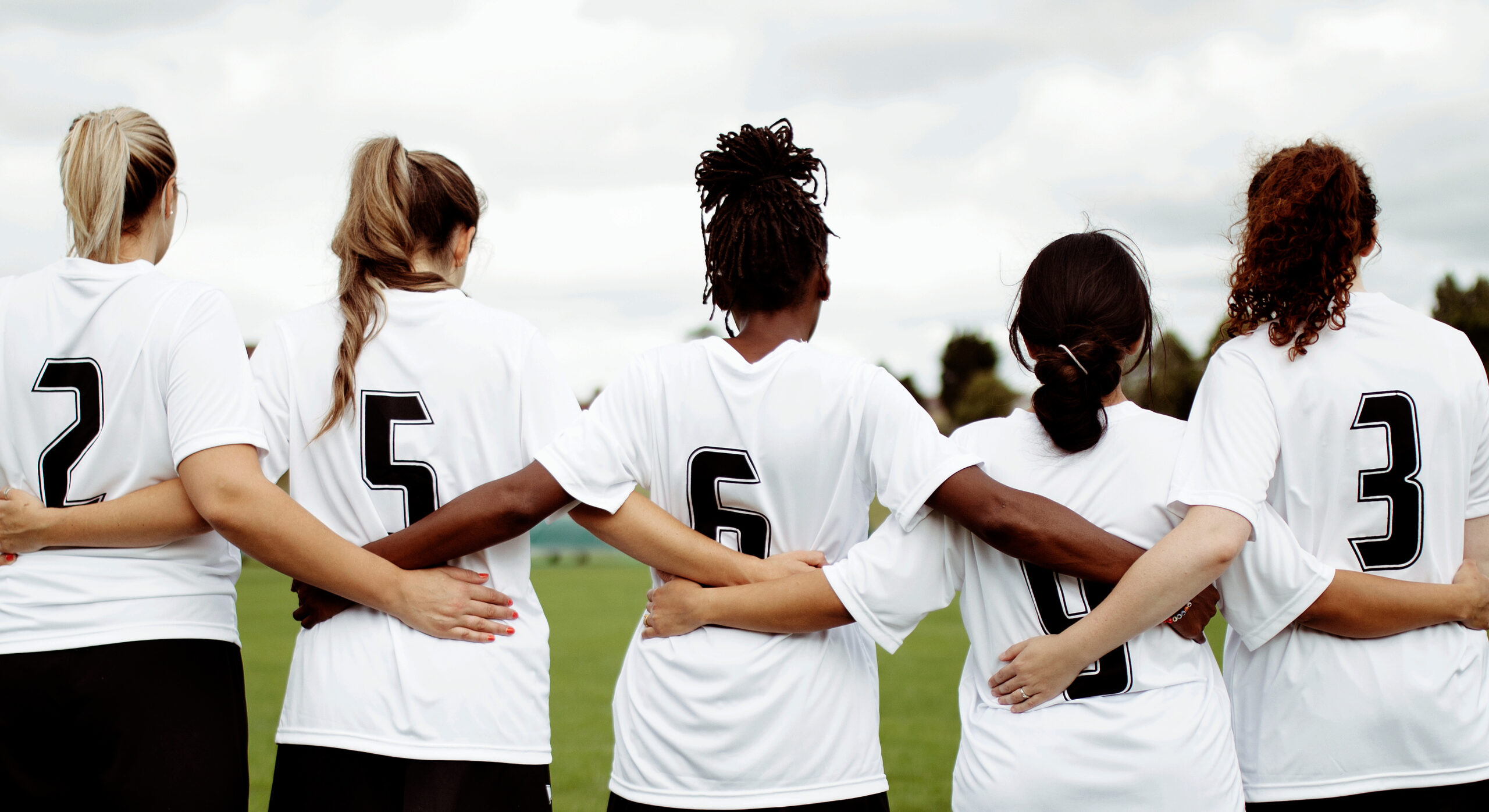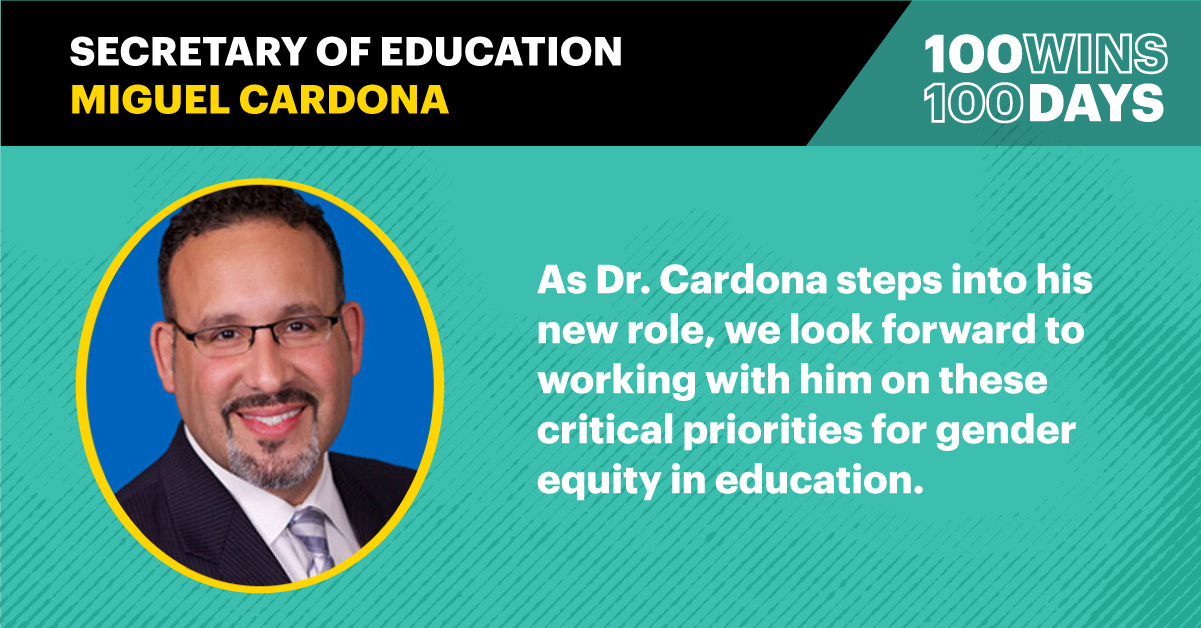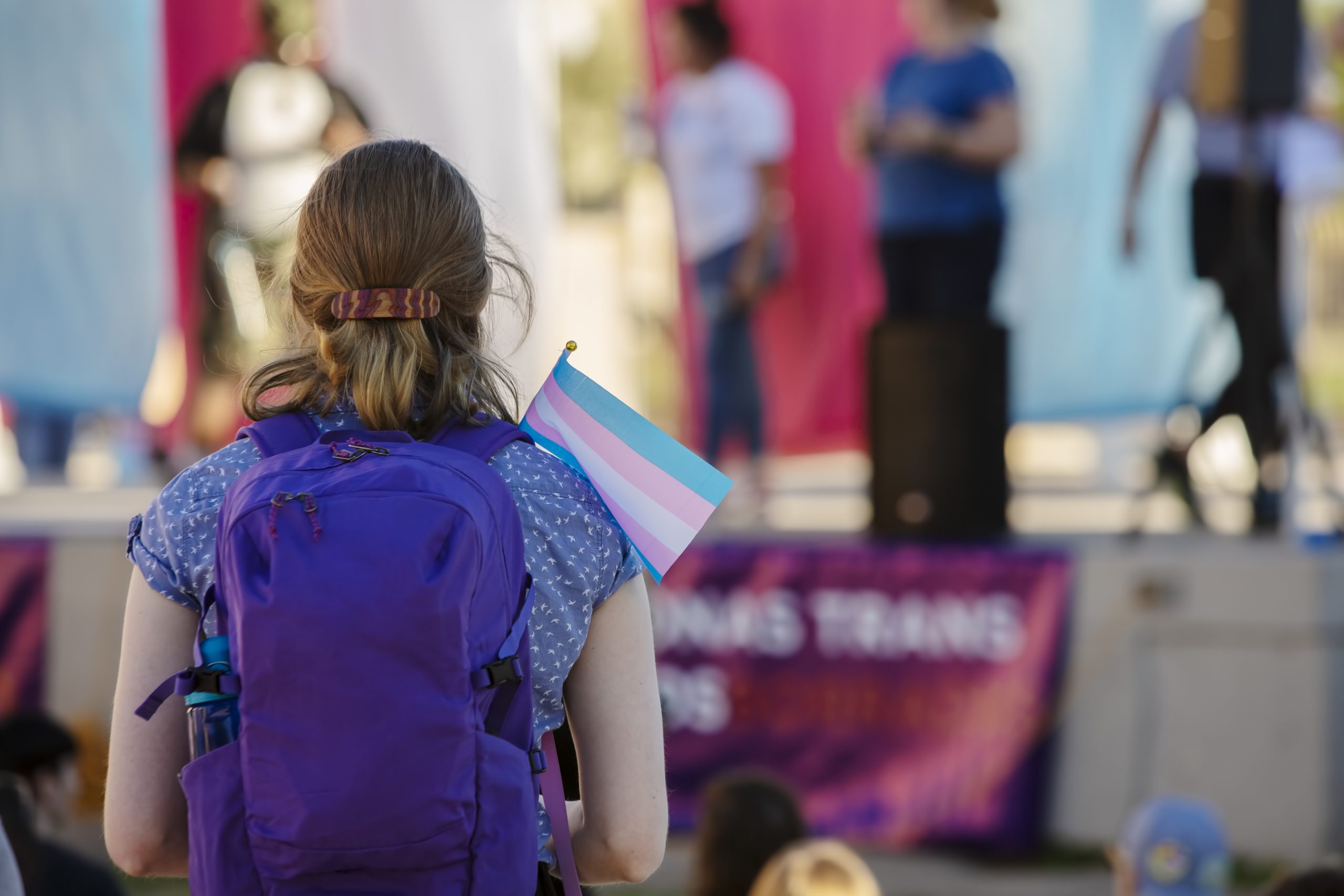Racist, Sexist School Dress Codes Examined in New NWLC Report
(Washington, D.C.) Today, the National Women’s Law Center (NWLC) released “Dress Coded II: Protest, Progress, and Power in D.C. Schools” that looks at the work activists and policymakers have done to promote equitable school dress codes in Washington, D.C. The report also assesses the inequities that remain. Dress Coded II is being released a year after the groundbreaking, initial report spurred extensive student and parental activism in the District and across the country. Co-authored by 21 students who live and learn in D.C. communities and public schools, NWLC’s Dress Coded exposed how racist and sexist enforcement of dress codes unfairly targets Black girls and pushes them out of school.
NWLC conducted interviews with students, parents, and school administrators and looked at the dress code policies from 29 public and charter D.C. high schools in the 2018-19 school year, and found:
- 59 percent regulated the length of skirts and shorts
- 48 percent banned hair wraps, hats, or other head coverings
- 21 percent banned tights or leggings
- High schools that are majority Black on average had more dress code restrictions than other high schools (4.7 compared to 2.7)
- Public charter high schools on average had more than twice the number of dress code restrictions than traditional public high schools did.
“Students, educators, and policymakers are making incredible progress, but schools continue to discriminate against Black girls by banning forms of expression that pose no threat, and reinforce rape culture,” said Nia Evans, author and lead researcher of the report. “Even if schools state that their aim is to remain gender neutral, by targeting clothing worn mostly by girls, they are policing their bodies by labeling them as “distracting” and disrupting their ability to learn.”
“If you go to school every single day and a male teacher tells you that you are showing too much skin or that you look inappropriate, or that you’re distracting other boys, you’re again embedding in their head that they have to live up to some certain standard that a male made,” said Chloe Pine, student at School Without Walls High School. “And that is just not the way that society should be.”
The report details the timeline of advocacy made since the release of the initial Dress Coded report in April 2018 that includes:
- A parent who approached school administrators about convening a dress code task force,
- The Council of the District of Columbia passing the Student Fair Access to Schools Act of 2018 – a bill that would prohibit out-of-school suspensions for minor infractions, including dress code violations,
- Consistent organizing efforts led by students from a walkout to meetings with government officials to testifying at Council hearings.
“Black girls are impacted the most by these harmful policies, and they’re the ones leading the movement for change,” said Adaku Onyeka-Crawford, Director of Educational Equity at NWLC. “Their work should inspire and fuel school leaders across the country to confront this inequity and continue doing this vital work.”
NWLC experts and student ‘Dress Coded’ authors are available for interview.
###
For immediate release: September 4, 2019
Contact: LySaundra Campbell ([email protected]) or Olympia Feil ([email protected])




